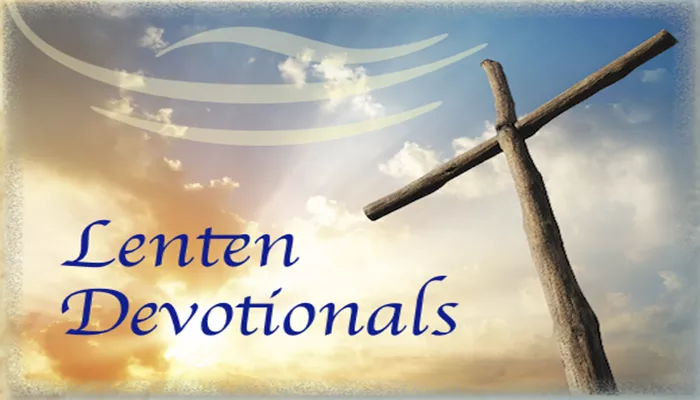Fasting during Lent is a deeply rooted tradition in Christianity, serving as a time for reflection, repentance, and spiritual growth. This period encompasses various practices and guidelines that help the faithful prepare for Easter, commemorating the resurrection of Jesus Christ. Understanding the fasting hours and rules associated with Lent is essential for those wishing to observe this sacred time meaningfully.
Understanding the Fasting Hours of Lent
Lent is observed over a span of 40 days, beginning on Ash Wednesday and concluding on Holy Saturday, the day before Easter Sunday. However, when counting the days from Ash Wednesday to Holy Saturday, it totals 46 days. This discrepancy arises because Sundays are not included in the fasting count; they are considered feast days, allowing for a break from fasting practices. The essence of Lent is to engage in prayer, fasting, and almsgiving, reflecting on one’s relationship with God and others.
Historical Context
The practice of fasting during Lent can be traced back to early Christianity, where it was associated with Jesus’ 40 days of fasting in the wilderness (Matthew 4:1-11). Over centuries, the Church formalized this practice into a structured observance leading up to Easter. Initially, fasting was more flexible and varied among different Christian communities. By the fourth century, a more standardized duration and set of rules began to emerge, culminating in the current practices observed today.
Fasting Regulations
For Catholics, specific rules govern fasting during Lent:
Obligatory Days: The primary days of fasting areAsh Wednesday and Good Friday. On these days, Catholics aged 18 to 59 must fast.
Fasting Guidelines: On Ash Wednesday and Good Friday, individuals may consume:
One full meal
Two smaller meals that together do not equal a full meal
Abstinence from Meat: All Fridays during Lent require abstinence from meat for those aged14 and older.
These regulations emphasize self-discipline and reflection on one’s spiritual journey.
Exceptions to Fasting Rules
While fasting is encouraged, certain groups are exempt from these requirements:
Individuals with health issues or chronic illnesses
Pregnant or nursing women
Young children
Common sense should guide decisions regarding fasting; individuals should not jeopardize their health in their pursuit of spiritual growth.
The Role of Sundays
Sundays during Lent are unique. While they fall within the Lenten season, they are not considered days of fasting. Instead, they serve as feast days where individuals can break their fasts or engage in lighter forms of celebration. This structure allows participants to maintain their commitment while also enjoying moments of joy and community.
see also: What to Give Up for Lent: A Guide for Catholics
Types of Fasting
There are various approaches to fasting during Lent that individuals may adopt based on personal circumstances and spiritual goals:
Total Fast: Involves abstaining from all food for a specified period. This approach is typically recommended only for those in good health.
Partial Fast: Participants may choose to give up specific types of food or beverages (e.g., sweets, alcohol) or limit their intake.
Intermittent Fasting: Some may opt for skipping meals entirely on certain days or consuming only one meal per day.
Spiritual Fasting: Beyond food, individuals might abstain from habits or luxuries such as social media or entertainment as a form of spiritual discipline.
Spiritual Significance
The act of fasting serves multiple purposes within the context of Lent:
Repentance: Fasting encourages self-reflection and acknowledgment of one’s shortcomings.
Solidarity with the Suffering: By experiencing hunger or sacrifice, individuals can empathize with those who face food insecurity or hardship.
Deepening Faith: The practice fosters a closer relationship with God through prayer and meditation.
Practical Tips for Observing Lent
To effectively observe Lent through fasting, consider these practical suggestions:
Set Clear Intentions: Define what you aim to achieve through your fast—whether it’s spiritual growth, self-discipline, or increased empathy.
Choose Meaningful Sacrifices: Select items or habits that hold personal significance; this enhances the impact of your fast.
Engage in Community Support: Share your intentions with friends or family members who can provide encouragement and accountability.
Incorporate Prayer and Reflection: Use your fasting time as an opportunity for prayer—consider journaling your thoughts or engaging in scripture reading.
Conclusion
Fasting during Lent is not merely about abstaining from food; it is a holistic practice that encompasses self-discipline, spiritual growth, and community engagement. By understanding the fasting hours and guidelines associated with this sacred time, individuals can embark on a meaningful journey toward Easter. Whether through traditional practices or personal adaptations, the essence of Lent remains rooted in deepening one’s relationship with God and preparing for the joyous celebration of Christ’s resurrection.
Related topics:


